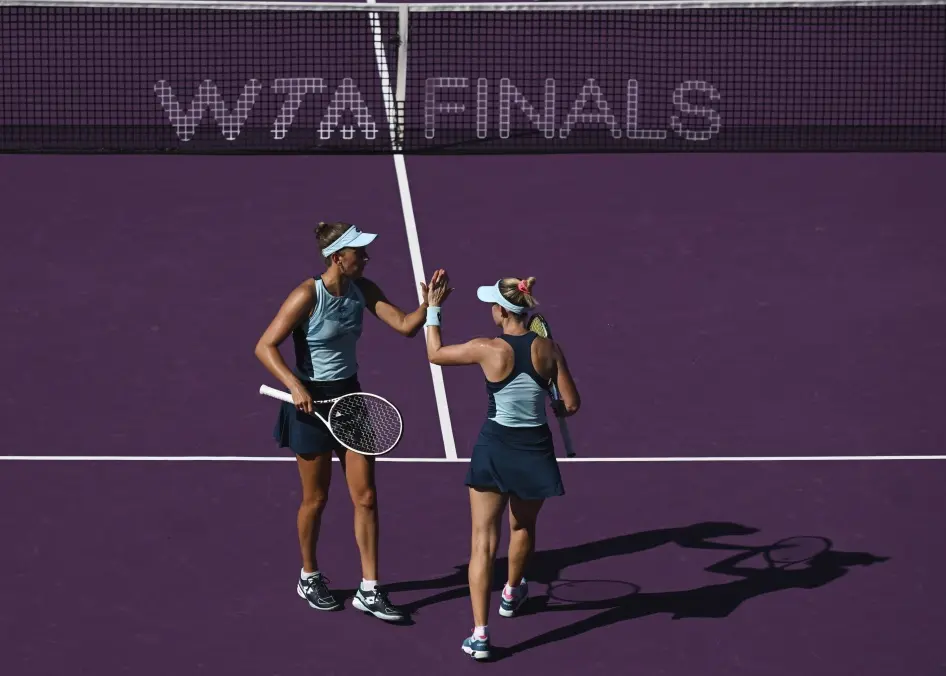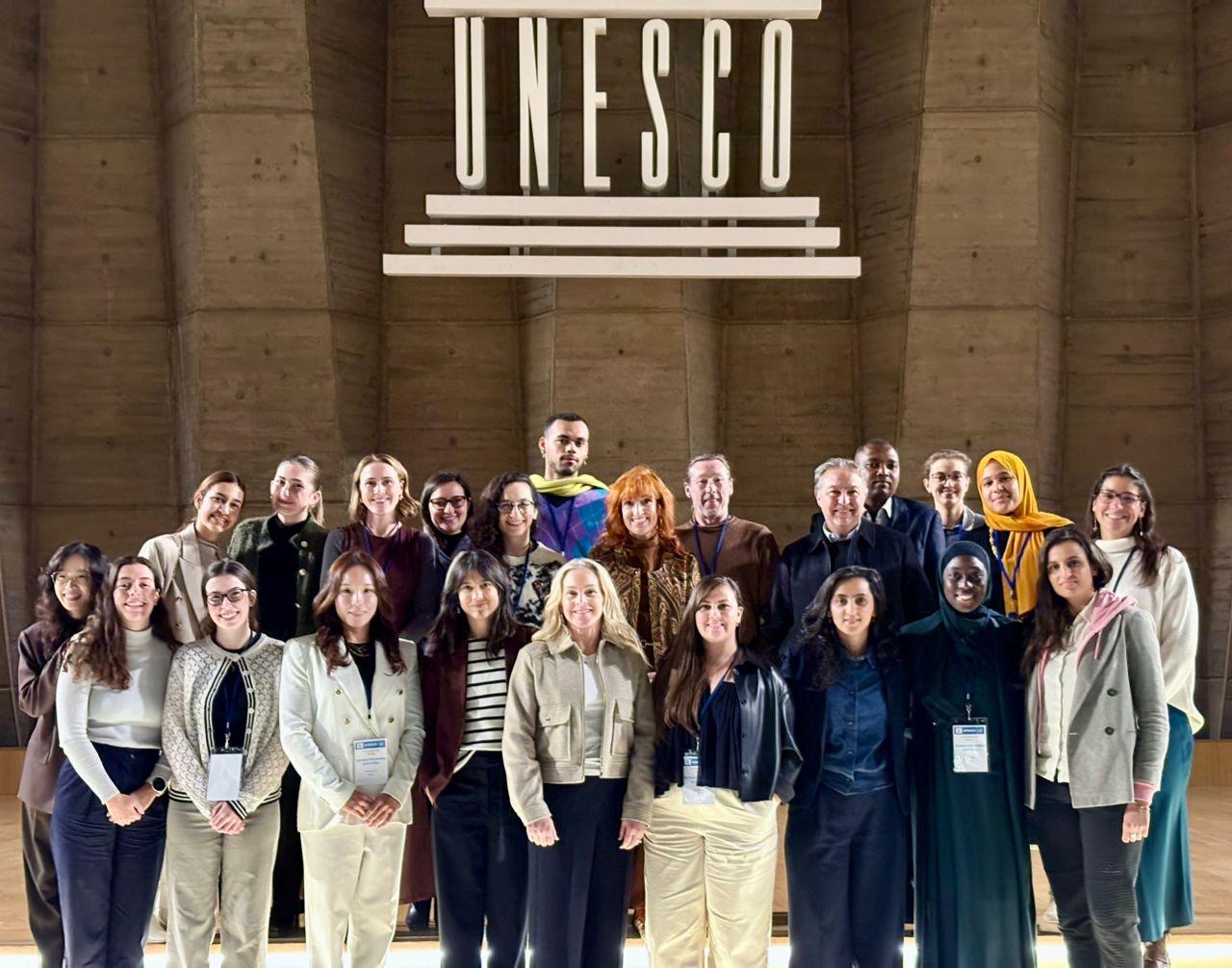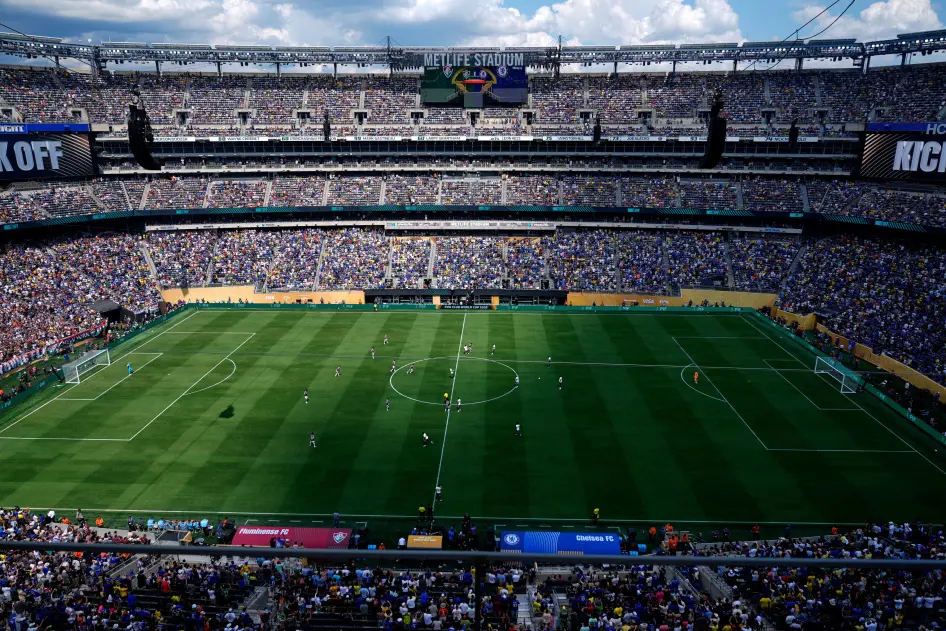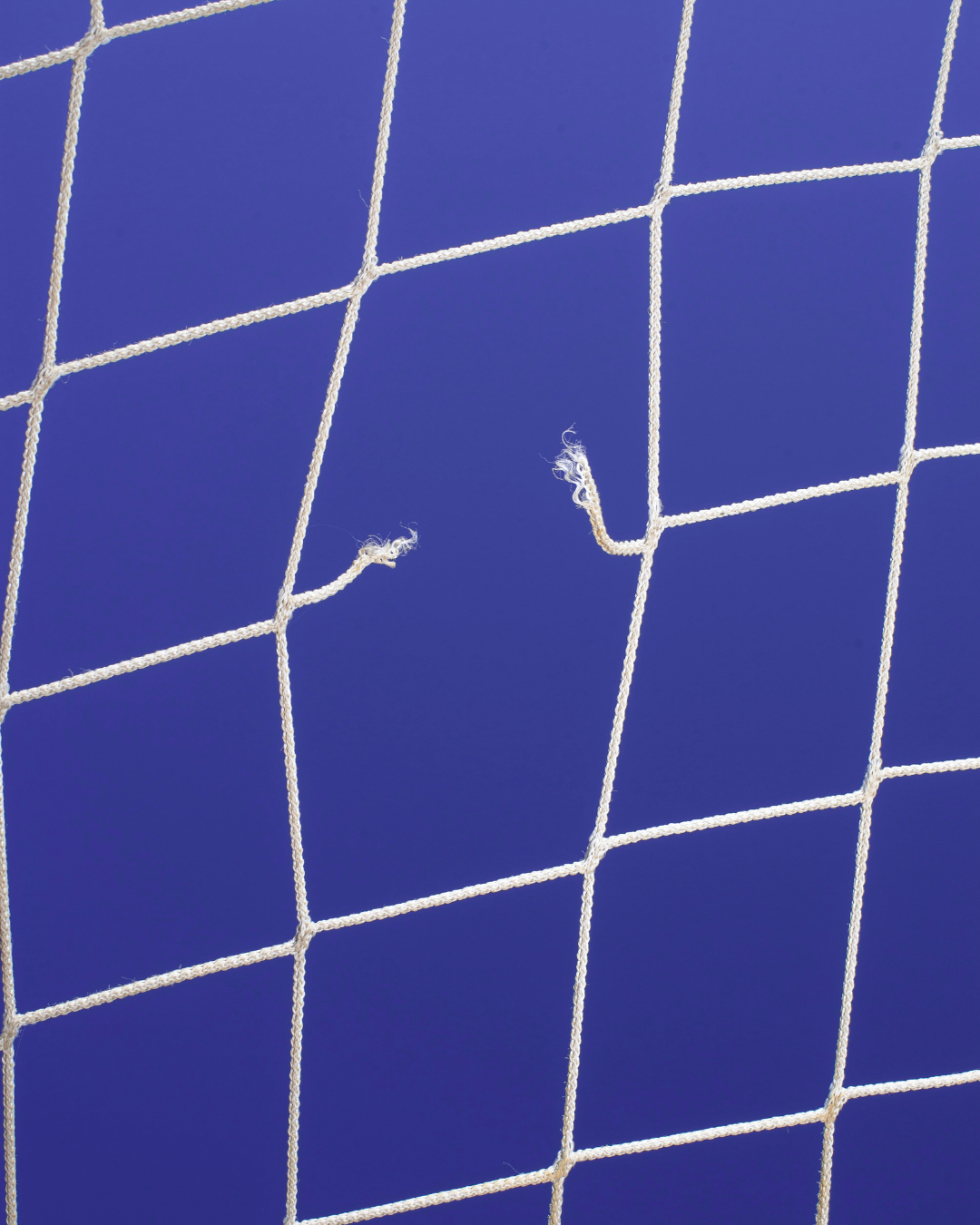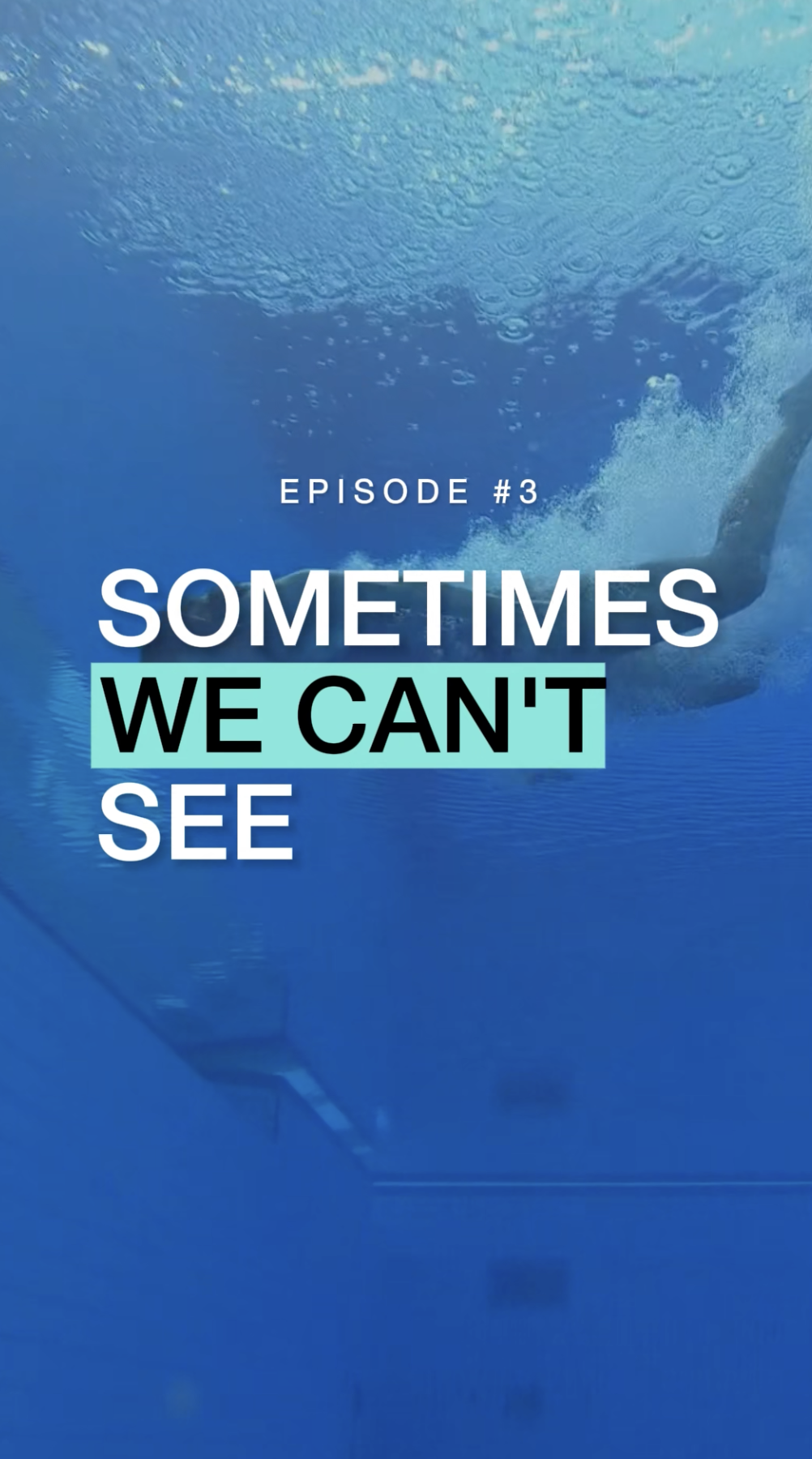Women’s tennis has advocated for women’s rights since before Billie Jean King beat Bobby Riggs in the “battle of the sexes” 50 years ago. The Women’s Tennis Association (WTA) was a prime mover behind Title IX, the U.S. law that gave millions of women and girls equal opportunities in sport and education.
Despite this legacy, management of the WTA announced this week that the women’s flagship finals are being awarded to Saudi Arabia for the next three years.
The idea that women’s tennis would go to repressive Saudi Arabia, where the male guardianship system denies women basic human rights, is an offense to the pioneers who made women’s tennis popular. Indeed, this award to Saudi Arabia is over the public objections of Grand Slam women’s champions Chrissie Evert and Martina Navratilova, who wrote, “We did not help build women’s tennis for it to be exploited by Saudi Arabia.” They had called on Steve Simon, the executive who runs the WTA, to turn down hosting the women’s finals in the oil-rich autocracy until there are measurable improvements for women and lesbian, gay, bisexual, and transgender (LGBT) people in the kingdom. Their voices were overruled.
This makes women’s tennis the latest victim of Saudi sportswashing—the use of popular sports to enhance an otherwise poor image of the country.
In February, the men’s Association of Tennis Professionals (ATP) and Saudi Arabia’s Public Investment Fund, the country’s $750 billion sovereign wealth fund, announced a “multi-year strategic partnership.” Saudi Arabia hosted the men’s finals for 21 and under players in December. At the Australian Open in January, men’s champion Rafael Nadal announced that he would serve as an “ambassador” for the Saudi Tennis Federation.
Saudi Arabia taps riches from its Public Investment Fund (PIF) to buy prestigious franchises such as the Premier League’s Newcastle United soccer team and to make deals to host events including the FIFA men’s 2034 FIFA World Cup, Formula One racing, golf, and boxing. Human Rights Watch has written to the PIF requesting a response to allegations of serious human rights violations associated with the fund. There has been no response.
Given the poor state of women’s rights in Saudi Arabia, women’s tennis should not contribute to covering up repression in the country. In 2022, Saudi Arabia formally enshrined male guardianship over women by passing a new Personal Status Law. Human Rights Watch has documented how the law discriminates against women in marriage, divorce, healthcare, and decisions about their children. The law sets out the order of who can act as a woman’s male guardian, starting with her father, then moving down the patriarchal line to her grandfather, brother, uncles, male cousins, and finally, a male judge to decide who she can marry. It also requires women to obey their husbands upon marriage.
A 29-year old Saudi female fitness instructor and blogger, Manahel al-Otaibi, was arrested in November for social media posts. Saudi human rights defender Lina Alhathloul—whose sister Loujain was jailed and tortured for trying to advocate for women’s rights—said, “Saudi women are still oppressed. They are still subjected to the male guardianship system and if they speak up, they get imprisoned and no one speaks about them. It’s sad, everyone is really scared, everyone gets arrested for nothing.”
Saudi Arabia’s human rights record has deteriorated under Crown Prince Mohammed Bin Salman’s rule, including mass executionsand killings of migrants at the Saudi-Yemen border that may amount to crimes against humanity. Torture and imprisonment of peaceful critics of the government continues. Courts impose decades-long imprisonment on Saudi women for tweets. Sex outside marriage, including same-sex relations, is a crime, with punishments including death. Civil society is obsolete, and any free expression is silenced.
Saudi Arabia has no independent media freedom, a basic requirement for hosting an international women’s sporting event. Five years ago, Saudi agents murdered and dismembered Washington Post columnist Jamal Khashoggi.
Even sport federations with poor records on human rights such as soccer’s FIFA have adopted human rights policies and committed to human rights due diligence. Yet none of the global tennis bodies—the International Tennis Federation (ITF), the men’s ATP, or the WTA – has yet done so.
Still, the WTA has the responsibility to respect human rights under the United Nations Guiding Principles on Business and Human Rights, including that businesses adopt specific policies and conduct due diligence to identify any risks of contributing to human rights harm. Human Rights Watch wrote to the WTA on April 4 asking what, if any, human rights due diligence the WTA has done with Saudi women’s rights defenders and other key stakeholders before the decision to award the finals to Saudi Arabia. The WTA has not yet responded to these questions.
The right time to host the women’s tennis finals in Saudi Arabia would be when the WTA has a human rights policy in place, when women professional players are consulted, when players, fans, and journalists would not be at risk advocating for the rights of LGBT people, and when all Saudi women—including those in prison or under travel bans—are free to advocate for their own human rights.
